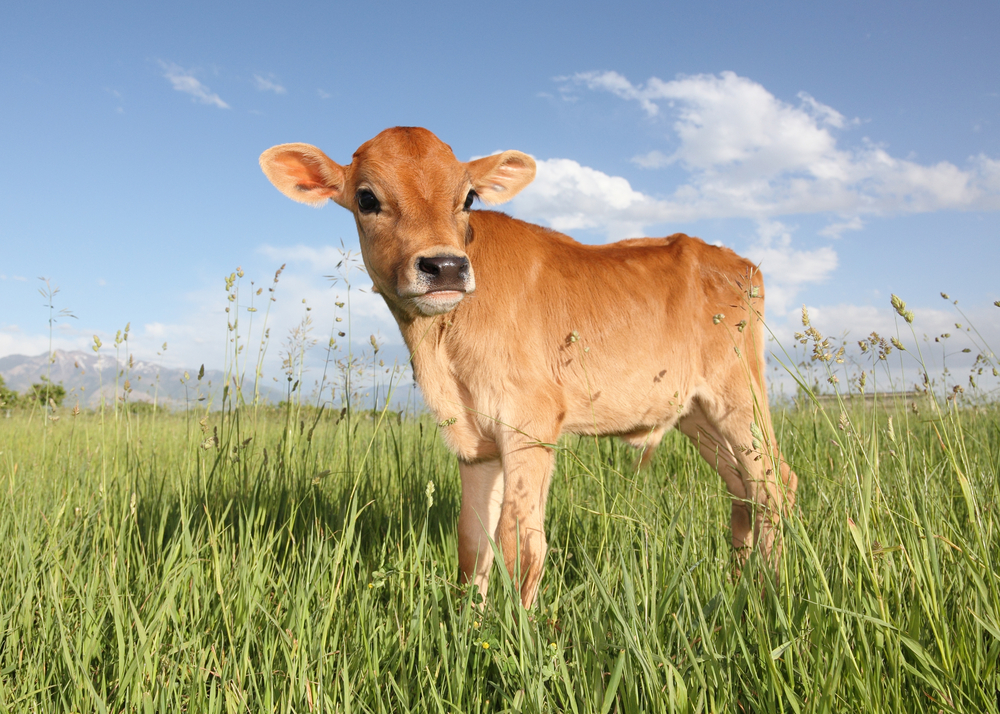
It came out of the blue. We were on vacation and eating at a seafood restaurant, where I was tearing into a platter of crabs with reckless abandon. My son was distraught. He couldn't believe the cruelty of it all—of taking the crabs out of their "homes" in the ocean, of cooking them while they were still alive, and then of ripping them apart like we were barbarians.
I was thrown for a loop. My son loved all kinds of meat. His favorite meal was pot roast, and he would happily eat an entire platter of bacon if left to his own devices. Turns out, biting into a hamburger patty or cutting into chicken breast is a lot different than pulling apart a whole crab, and it was all a little too "real" for him.
But that moment was important. Because there comes a time when all kids are confronted with the question: Where does meat come from—and do we really kill animals to get it? It can be an uncomfortable question for parents, for sure. Here's how I handled it that night and my advice for when it happens to you (because it will)!
Listen to their concerns. I didn't dismiss my son's tears or outrage. I let him know they were valid feelings. Frankly, I'd wrestled with similar feelings at different times in my life too!
Be honest. It's important to be honest with kids about where their food comes from, so I discourage you from glossing over it or fibbing. Kids should understand that animals are killed for meat. You don't have to go into detail, especially with young kids. But definitely tell the truth.
Talk about your family's values. I felt like it was important to explain that some animals raised for meat may not live in very good conditions, and that's why we buy beef and pork from a smaller, local farm and why I choose to spend more money on meat and poultry from animals raised humanely. I also talked to him about why we try to eat plenty of meatless meals too. Yet I also explained that different families make different choices–and that some people think there's no way to humanely raise animals for food, which is why they're vegetarians or vegans.
Be supportive. When my son tearfully vowed that night that he was going to become a vegetarian, I took him seriously. I let him know that if he wanted to go that route, I'd support him and we'd work together to make sure he was doing it in a healthy way. As a dietitian, I know that kids can eat a vegetarian or even vegan diet and still get the nutrients they need, as long as there's planning and thought put into it.
In the end, my son didn't become a vegetarian. In fact, he ate a hamburger the very next day. But I'm glad we had that talk, and I'm glad he knows the facts so that he can make the decisions that feel right to him.
How have you handled this question from your kids?
Sally Kuzemchak, MS, RD, is a registered dietitian, educator, and mom of two who blogs at Real Mom Nutrition. You can follow her on Facebook Twitter Pinterest, and Instagram. She collaborated with Cooking Light on Dinnertime Survival Guide, a cookbook for busy families. In her spare time, she loads and unloads the dishwasher. Then loads it again.
